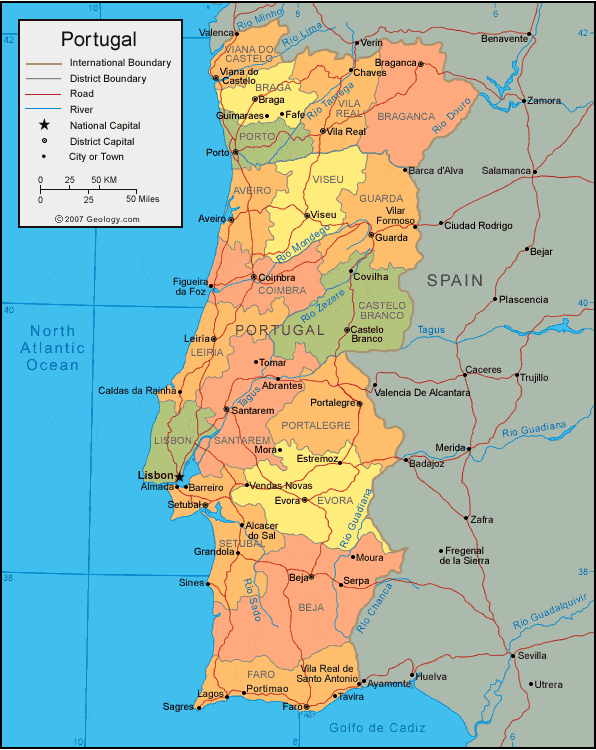



 ... And what it became.
... And what it became.

On a side-note, I recieved my copy of Heart of Darkness today, and discovered it isn't just the novel, it also includes Joseph Conrad's diary from part of his time in Africa and his "Up-River Book"-notes, illustrations, and observations on navigation of the Congo river. I love Amazon and its $1.87+shipping surprises. Does anyone else's book include these?
 I read most of the first 100 pages of this book, just like Things Fall Apart, leaning against a
I read most of the first 100 pages of this book, just like Things Fall Apart, leaning against a My first post for this class was about the early migration out of Africa, and I found a lot of information about the theory that the human race originated in Africa. Thousands of years ago, the first humans ventured out of Africa to Asia and Europe, to the Americas, and I started to realize that everything sort of came full circle and the rest of the world eventually came back to their homeland to colonize the land of their ancestors.
My first post for this class was about the early migration out of Africa, and I found a lot of information about the theory that the human race originated in Africa. Thousands of years ago, the first humans ventured out of Africa to Asia and Europe, to the Americas, and I started to realize that everything sort of came full circle and the rest of the world eventually came back to their homeland to colonize the land of their ancestors.

 While looking around for information on Portugal, I discovered that this little country was really quite active in the world trade market. It makes sense that a geographically small country would not have a diverse collection of resources in their own country, so I suppose the would need to reach out to the rest of the world for material and labor resources. I also found a timeline of Portuguese and Spanish activity within Africa and Brazil- the timeline only spans two hundred years but is five pages long in Word! I also thought it was interesting that many characters from King Leopold's Ghost are on this timeline, such as Afonso and several Portuguese explorers. Seeing cross-references of real historical figures always makes an event or time period more real to me, rather than just seeing it once in a novel or a textbook, so it is interesting to see other factors that we might have learned about in high school, such as Portugal's famous navigators and navy, involved in the ugly global history of slave labor, which is something high school generall glosses over.
While looking around for information on Portugal, I discovered that this little country was really quite active in the world trade market. It makes sense that a geographically small country would not have a diverse collection of resources in their own country, so I suppose the would need to reach out to the rest of the world for material and labor resources. I also found a timeline of Portuguese and Spanish activity within Africa and Brazil- the timeline only spans two hundred years but is five pages long in Word! I also thought it was interesting that many characters from King Leopold's Ghost are on this timeline, such as Afonso and several Portuguese explorers. Seeing cross-references of real historical figures always makes an event or time period more real to me, rather than just seeing it once in a novel or a textbook, so it is interesting to see other factors that we might have learned about in high school, such as Portugal's famous navigators and navy, involved in the ugly global history of slave labor, which is something high school generall glosses over.
 Again, I am astonished at how much we as readers are not told about the intricate decorations which obviously took some dedication- either this is stone or it's carved out of a tree trunk. I also wonder again what the face is- is it the owner, or the creator, or maybe an idol?
Again, I am astonished at how much we as readers are not told about the intricate decorations which obviously took some dedication- either this is stone or it's carved out of a tree trunk. I also wonder again what the face is- is it the owner, or the creator, or maybe an idol?


Africa is the most genetically diverse continent in the world, which further supports theories that Africa is, in fact, everyone's homeland. Whether due to shortage of land, climate, or tribal governments and conflicts, the groups of people living in East Africa started to move into areas of Western Asia.
Migration was further influenced by climate change, trade, the spread of the Islam and Christian religions, and many other factors. The AfricAvenir site has an excellent chronology of Ancient African civilizations, which tracks the developments of ancient kingdoms, people groups, and movements, including the Bantu Migration.
While not exactly a migration out of Africa, the Bantu Migration is still worth noting because of it's origins in the Central African area, and the vast movement, perhaps the largest ever, of the Bantu-speaking people of Africa from Central Africa to South Africa. Look at the above map and realize a single language group spread throughout and ultimately populated half of Africa. Compare that to the five hundred years it took Europeans to spread throughout North America, or the few thousand years it took the Romans and the Greeks to spread to Europe, and you will realize that this group of people could share the same ancestors that we all do- the earliest humans from East Africa.